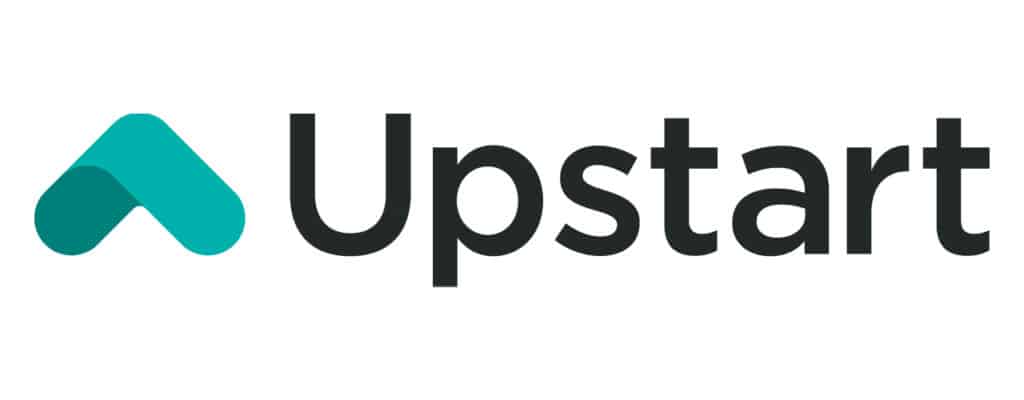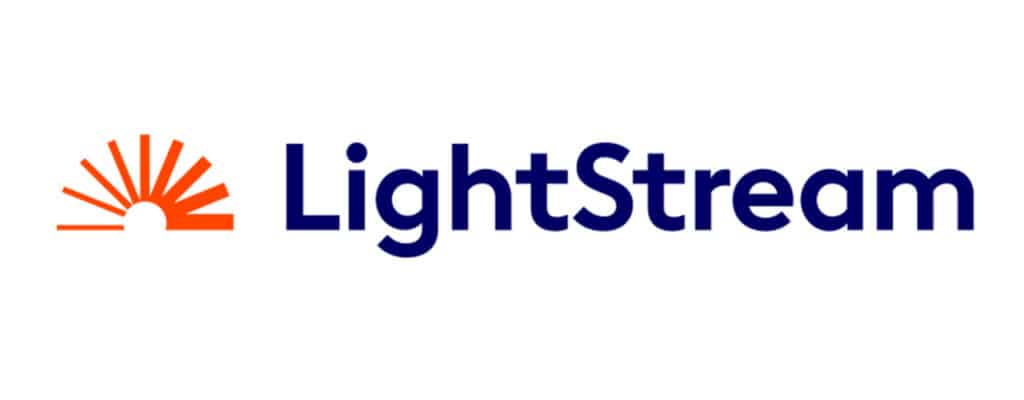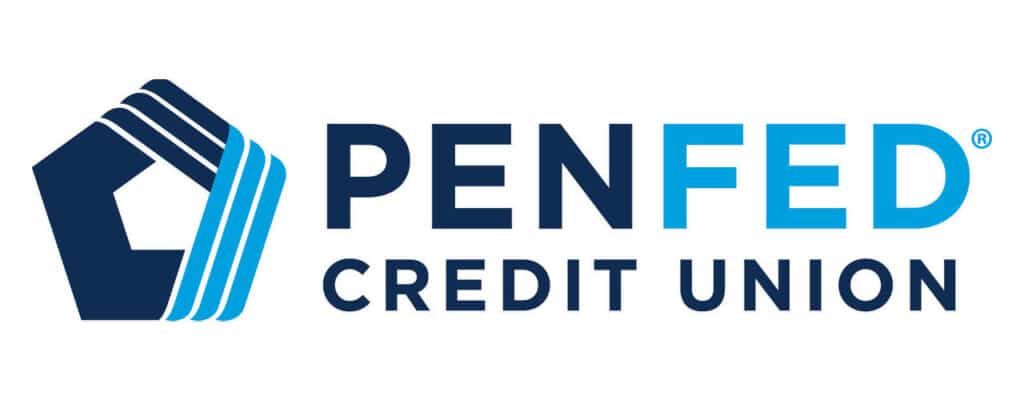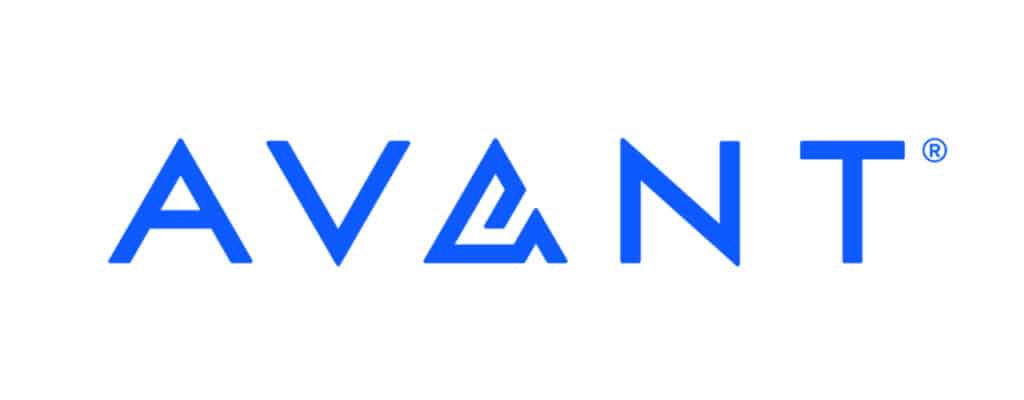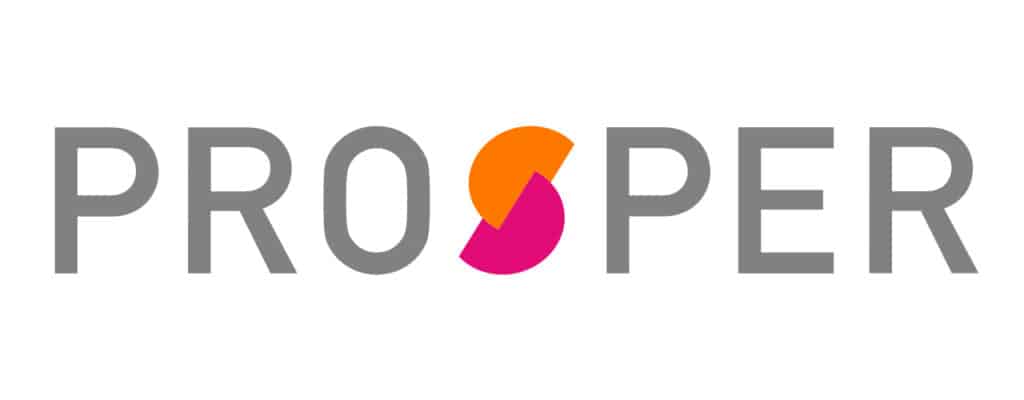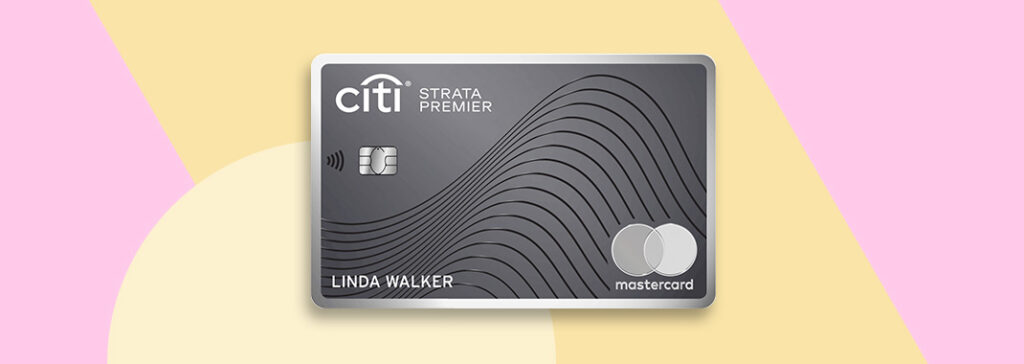Most products on this page are from partners who may compensate us. This may influence which products we write about and where and how they appear on the page. However, opinions expressed here are the author's alone, not those of any bank, credit card issuer, airline or hotel chain.
The cost of attending college is high. Along with direct costs like tuition and housing, expenses like food, commuting, and everyday living needs can put a financial strain on one's bank account. While student loans can be used to cover many of these costs, there may be a need for additional funds to pay for college life.
Personal loans can be an option for college students, but it is important to understand the differences between personal loans and student loans, and whether they are the right choice. We'll break down the comparison between the two, what personal loans can be used for, and other critical information to help you make the right decision.
Can You Get a Personal Loan as a Student?

Yes, you can take out a personal loan as a student, provided you have the creditworthiness needed for approval. Personal loans can be used to cover many costs associated with student life, including food, housing, living costs, and more. However, keep in mind that personal loans cannot be used to pay for college tuition and may come with some disadvantages such as higher rates and a more immediate repayment timeline.
Best Personal Loans for Students
- Best for Thin Credit Profiles: Upstart
- Best for Joint Applicants: LightStream
- Best for Small Loans: PenFed Credit Union
- Best for Flexible Repayment Terms: Avant
- Best for Fast Funding: Prosper
Loan results will vary based on creditworthiness, loan purpose, loan amount, and other factors.
Best for Thin Credit Profiles
Upstart
- Loan Amounts$1,000 – $50,000
- Loan Terms36 or 60 months
- APR Range7.8% - 35.99%
- Minimum
Credit Score300 or aboveA credit score is used to indicate the creditworthiness of an applicant, but it is only one of several factors considered for approval. These credit scores alone are not guarantees for approval and should only be used as guidelines.
Using artificial intelligence to help evaluate borrowers, Upstart is a unique lending platform that looks beyond your credit score for personal loan approval.
Overview
Upstart is a first-of-its-kind online lending platform that uses artificial intelligence to help make smarter lending decisions. This means the company considers factors beyond a borrower’s credit score to help determine creditworthiness. Upstart indicates its model has resulted in 43% lower rates for borrowers than traditional credit score models.
Beyond your credit score, Upstart will also look at your employment history, income and level of education when deciding whether to approve you for a loan. The company states that borrowers with credit scores as low as 300 might be able to get approved for a personal loan, though that loan may come with a relatively high APR.
Upstart’s rates are fairly competitive and loan funds are disbursed as soon as one business day after approval. This lender charges origination fees, so it’s important to read the fine print before applying.
Pros
- Considers factors beyond your credit score in lending decisions
- Loans up to $50,000
- Fast funding time
- Check rate without affecting credit score
- Low minimum credit score requirement
Cons
- No physical locations
- Limited repayment terms
- Has origination fees
- High maximum APR
- Not available in Iowa or West Virginia
Best for Joint Applicants
LightStream
- Loan Amounts$5,000 – $100,000
- Loan Terms24 – 144 months
- APR Range7.49% – 25.49% (with autopay)
- Minimum
Credit Score660 or aboveA credit score is used to indicate the creditworthiness of an applicant, but it is only one of several factors considered for approval. These credit scores alone are not guarantees for approval and should only be used as guidelines.
LightStream is a solid online lender offering no fees, high loan maximums and low-rate personal loans for several purposes.
Overview
LightStream offers personal loans for several purposes, including debt consolidation, medical expenses, home improvement, weddings, car purchases and more, making this worth considering for those seeking flexibility. The lender offers relatively low rates compared to competitors, including autopay discounts. Its personal loans also have no origination fees or late fees, which can help keep borrowing costs low. However, borrowers will likely need to have good-to-excellent credit in order to be approved for a LightStream personal loan. Overall, it’s a good lender to add to your shortlist if you’re looking for flexible funding, no fees and a low APR. Lightstream may also disburse loans as soon as the same day you’re approved, making this lender a worthy choice if you need fast funding.
Pros
- Low minimum APR
- No origination fees, no late fees
- High loan maximum of $100,000
- Autopay discount
- Joint applications allowed
Cons
- Rates and terms vary by loan purpose
- No soft pull prequalification
- Must have good-to-excellent credit
- No physical branches
Best for Small Loans
PenFed Credit Union
- Loan Amounts$600 – $50,000
- Loan Terms12 – 60 months
- APR Range7.99% – 17.99%
- Minimum
Credit Score700 or aboveA credit score is used to indicate the creditworthiness of an applicant, but it is only one of several factors considered for approval. These credit scores alone are not guarantees for approval and should only be used as guidelines.
PenFed offers no fees and small personal loans as low as $600.
Overview
While you will need to become a PenFed member if you decide to get a personal loan there, anyone can apply for membership and the process is quick and simple. Many lenders have relatively high minimum loan amounts, but PenFed offers loans as small as $600, with no origination fees and competitive APRs. If you’d like to view personal loan rates with PenFed, you can do so without impacting your credit score.
Pros
- Pre-qualification is available
- No origination fee, hidden fees or prepayment penalties
- Borrow as little as $600
- Allows co-borrower
- Funding as early as 1-2 business days after approval
Cons
- Must be a member to receive the loan
- No option for direct payment to creditors for debt consolidation
Best for Flexible Repayment Terms
Avant
- Loan Amounts$2,000 – $35,000
- Loan Terms12 – 60 months
- APR Range9.95% – 35.99%
- Minimum
Credit Score580 or aboveA credit score is used to indicate the creditworthiness of an applicant, but it is only one of several factors considered for approval. These credit scores alone are not guarantees for approval and should only be used as guidelines.
Avant offers small personal loans that are accessible to borrowers with fair credit, with funding available as soon as the next day.
Overview
Avant is known for its personal loans that can be used for a wide range of purposes and are accessible for those with fair credit. Funding can be completed as soon as the next business day once approved. The minimum APRs tend to be higher than competitors, but the maximum APR is comparable to other online lenders. A unique feature offered by Avant is their flexible payment due date, which allows a 10-day grace period without incurring a late fee.
Pros
- Loan terms up to 60 months
- Low minimum credit score requirement
- Flexible payment due date
- Next day funding available
Cons
- No physical locations
- Origination fee of up to 4.75%
- Relatively low maximum loan amount ($35,000)
- High minimum APR
- No joint applicant or co-signer
Best for Fast Funding
Prosper
- Loan Amounts$2,000 – $50,000
- Loan Terms24 – 60 months
- APR Range8.99% – 35.99%
- Minimum
Credit Score600 or aboveA credit score is used to indicate the creditworthiness of an applicant, but it is only one of several factors considered for approval. These credit scores alone are not guarantees for approval and should only be used as guidelines.
Prosper is an online lending platform offering fast funding for personal loans and the option to apply with a co-borrower if your credit isn't stellar.
Overview
Prosper is an online peer-to-peer (P2P) lending platform offering personal loans and HELOCs. Because it’s P2P, Prosper works slightly differently than other non-P2P lenders. Borrowers sign up and are assigned a Prosper Rating based on their creditworthiness, and investors can choose whether or not to fund them after viewing their loan listing. Borrowers can expect to pay an origination fee depending on their Prosper Rating. Funding can be available as soon as the next business day after approval of the loan, making it a solid option in emergencies. Fortunately, if your credit isn’t stellar, Prosper offers the option to apply with a co-borrower, which could improve your chances of getting a better rate.
Pros
- Can change your loan payment date
- Option to apply with co-borrower
- Next-day funding available after approval
Cons
- No physical branches
- Has origination fees
- Not available in all states
Differences Between Student Loans vs. Personal Loans
One of the standout features of personal loans is you can use them for just about anything — except school tuition. On the other hand, student loan lenders limit student loans to school tuition and costs related to schools, such as textbooks, housing, food, transportation, and similar expenses. To help you get a better understanding of their differences, here is a breakdown of each.
| Student Loans | Personal Loans |
|---|---|
|
|
Interest Rates
- Student Loans: In general, student loans tend to have lower interest rates than personal loans, and can be offered at fixed or variable rates.
- Personal Loans: Most personal loans are offered at fixed rates, but tend to be higher than student loans.
Fund Disbursement
- Student Loans: Funds are sent directly to the financial aid office of your institution to cover the cost of tuition and fees. Any remaining funds will be sent to the student to spend on out-of-pocket educational costs.
- Personal Loans: Some personal loan lenders deliver the funds directly to you as quickly as 1-2 business days into your bank account after approval, which can come in handy for any urgent expenses.
Loan Amount
- Student Loans: Student loans can fund up to 100% of your college attendance costs. While federal student loans are capped, private student loans can offer well over $100,000 in funding depending on one's qualifications.
- Personal Loans: Borrowers can borrow as little as $1,000 and as high as $100,000, but very few lenders offer such a high maximum and few borrowers will qualify for that amount.
Qualifications
- Student Loans: Federal student loans do not have credit score or income requirements, but private student loans may require good credit to borrow money. Students have the option to bring on a co-signer or joint applicant to help them qualify.
- Personal Loans: Most personal loan lenders prefer borrowers with good credit, but some may approve those with less-than-ideal credit. The better your credit, the lower your rate. Students can also bring on a joint applicant or co-signer to improve their chances of approval.
Repayment
- Student Loans: Repayment does not begin until the student graduates, leaves school, or reduces enrollment to part-time. Student loan repayment periods have average repayment schedules of 10 to 15 years, and some extend up to 30 years.
- Personal Loans: Repayment begins immediately, with repayment periods ranging from one to seven years, making the payback period much shorter than student loans.
Deferment
- Student Loans: Many student loans feature provisions that allow you to take a temporary break in your student loan payments under certain hardship circumstances. Also, there are income-based or income-driven payment plans if payments become unaffordable.
- Personal Loans: Like student loans, some personal loan lenders may offer short-term deferments for borrowers going through financial hardship.
Loan Usage
- Student Loans: Student loans can only be used for educational expenses, such as tuition, books, room and board, housing, class equipment, and other essentials.
- Personal Loans: While personal loans can be used for almost anything, you are prohibited from using it to pay for college tuition. You can, however, use it for living expenses and other education expenses, including food, travel, learning equipment, and living costs.
What Can Students Use Personal Loans for?

Like most college students, you have numerous financial obligations, including bills and daily living expenses. A personal loan can help you deal with most expenses of college life.
Students can use personal loans to pay for a variety of expenses, including:
- Housing
- College textbooks
- Laptops
- Meals
- Living expenses
- Travel expenses
- Emergency expenses
- Refinance another loan
- Consolidate debt
However, personal loans cannot be spent on:
- College tuition
- Down payment on a home
- Gambling
- Illegal activities, such as purchasing prohibited substances
It's also wise to avoid spending personal loans on extravagant expenses, such as exotic vacations or high-end meals. Taking out a personal loan is a big responsibility, and you want to start learning how to manage debt wisely and avoid unnecessary debt.
How to Choose a Personal Loan for College Students
There are a number of factors to consider when choosing the right personal loan, such as:
- Interest rates: Your interest rates will vary depending on the lender and your credit history. Prequalify with different lenders so you can compare rates and loan terms to find the best loan deal for you. If you can bring on a cosigner with excellent credit, that can help you potentially get a better rate. Also, some lenders offer an interest rate discount if you sign up for autopay.
- Repayment periods: Longer repayment periods mean lower monthly payments, while shorter repayment terms mean higher monthly payments. Although you may be able to pay less in interest with a shorter-term loan, the high monthly payments may be unaffordable for some people. Pick a loan term that makes the most sense for your budget.
- Fees and penalties: Personal loan fees can vary by lender, and may include origination fees, prepayment penalties, late fees, and other fees. Read the fine print in the loan agreement so you know exactly what type of fees to expect and how it affects the overall cost of your loan.
- Lender reputation: Make sure that the lender you choose is reputable and is backed by real customer reviews. Investigate their reputation through online resources like Better Business Bureau, Consumer Financial Protection Bureau, and Trustpilot. Here are some personal loan scams to watch out for.
Tips to Qualify for Personal Loans as a Student
If you have good to excellent credit, you'll likely have an easier approval with attractive rates. However, most students are just starting to build their credit and may not have much credit to their name. Here are some tips to help students improve their chances of qualifying for a personal loan.
Include a Co-Signer or Joint Applicant
Not all personal loan lenders have a co-signer or joint applicant option, but some offer it for borrowers with less-than-ideal credit. Adding a cosigner with excellent credit can improve your chances of getting approved, especially if you are unemployed, have no credit, or have no source of income.
But becoming a co-signer on a loan is a big request. When someone cosigns a loan for you, they jeopardize their financial health because they must repay the personal loan if you default and their credit score can be dinged if you miss payments.
Add a Side Hustle
If you don't have any income, there are a variety of side hustles to consider where you can add to your income history and increase your odds of approval. Whether you are working on campus or taking freelance jobs online, showing lenders that you have some sort of income and the ability to repay the loan is better than having no income at all.
Improve Your Debt-to-Income Ratio
Most of the personal loan approval criteria are credit-based. But personal loan lenders consider your debt-to-income ratio (DIT) as a vital indicator of your financial health and creditworthiness. Your DTI is the percentage of debts compared to your income.
The more debts you have relative to your income, the higher your DTI. Most personal loan lenders consider a DTI below 35% acceptable.
So, if your DTI is below 35%, you can increase your chances of getting your personal loan approved by either reducing your monthly debt or generating more income before you apply.
Other Options to Pay for Education-Related Expenses
Although a personal loan can provide enough cash to cover additional education-related expenses, this type of unsecured loan for students can be costly over time. It can be even more expensive with bad credit lenders. So, before considering this route, you should explore alternative ways of paying for education-related expenses.
- Credit card with 0% intro APR promotion: Look into credit cards with promotional offers, such as 0% intro APR cards. You can get up to a year of interest-free spending, provided you pay the balance off before the promotional period ends.
- Working while you attend school: Many universities offer part-time jobs to students, and there are also many employers that offer flexible hours for students. Working while attending school requires that you manage your time well, but it can provide some much-needed income to pay for everyday expenses.
- Crowdfunding: Crowdfunding has become a popular way to raise money from the community and strangers. Sites like Plumfund can help you leverage financial assistance from your family and friends for your education-related expenses.
Is a Personal Loan the Right Choice for a Student?
Federal student loans should be the first option for college funding, as the rates tend to be lower than private loans and personal loans. But if you need additional funds for college, private student loans can make more sense than personal loans because they have lower rates and can be used for many educational-related expenses. You also won't have to worry about repayment until after you graduate.
Personal loans are typically a better option for borrowers who want the flexibility to spend the money on non-educational expenses and to pay for nontraditional schooling, such as coding bootcamps. Funding for personal loans are also quick, which can be a lifeline for emergencies.
Whatever choice you make, ensure that you thoroughly compare your options, how you'll repay the debts, and the pros and cons of each.
FAQs
-
While personal loans can be used for many things, most lenders prohibit the use of a personal loan to pay off student loans. Check with your lender first to see what their rules are when it comes to using a loan to pay off student debt.
-
On average, private and federal student loan interest rates are lower than personal loans.
-
Yes, provided you qualify for both, you can carry a personal and student loan simultaneously. The lenders' primary concern is whether you can make the payments on both loans. If your credit history verifies your ability to manage multiple debts, you are likely to have no problem securing both loans.


